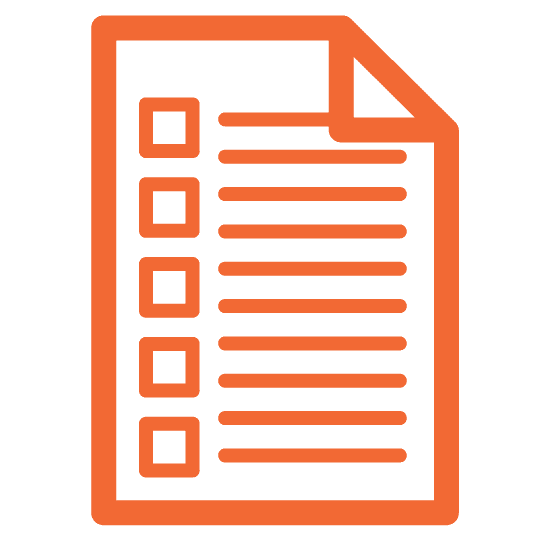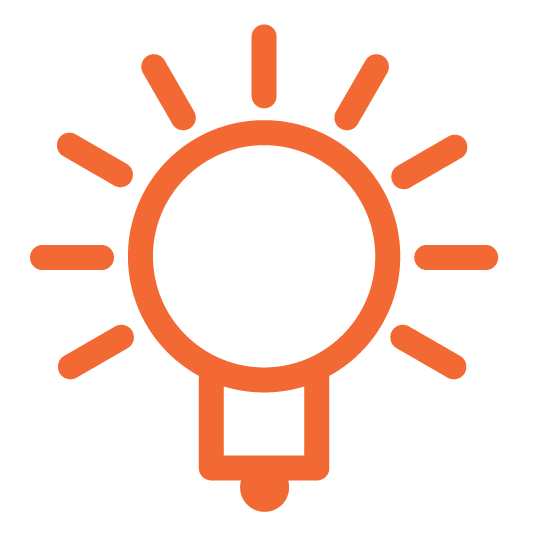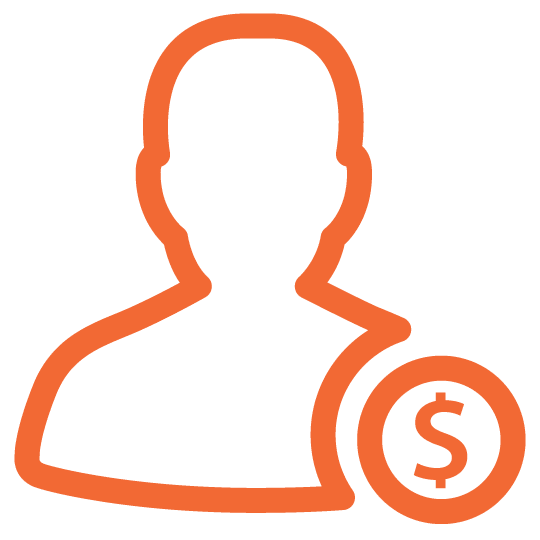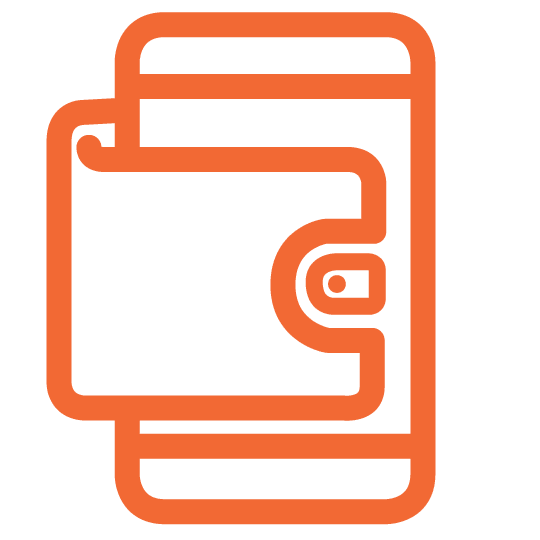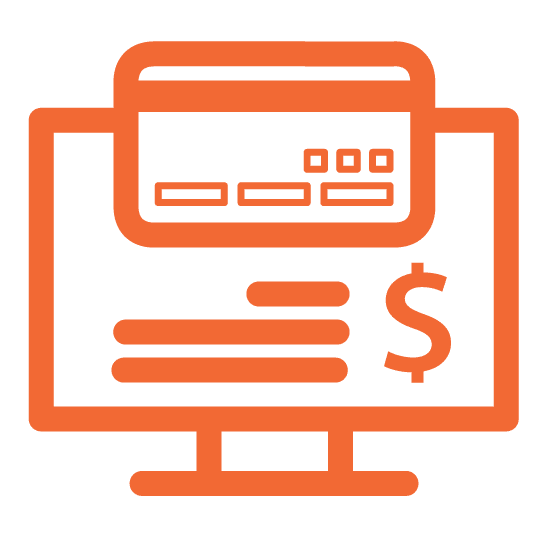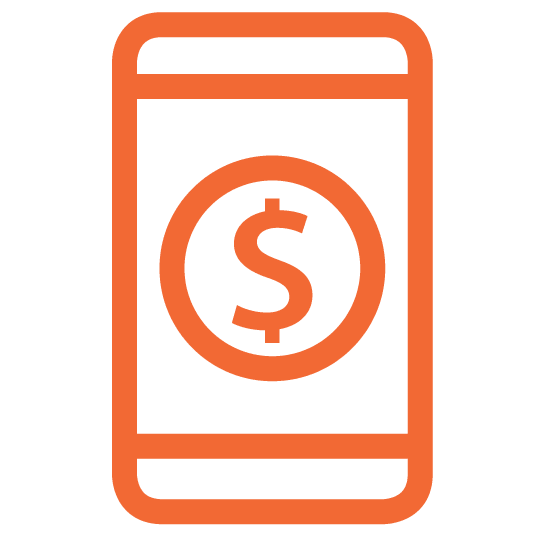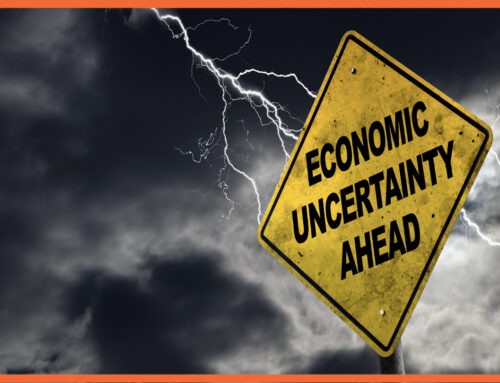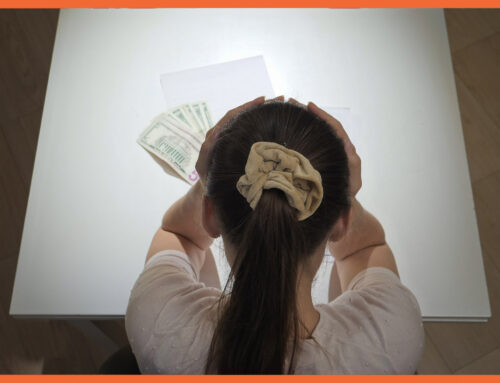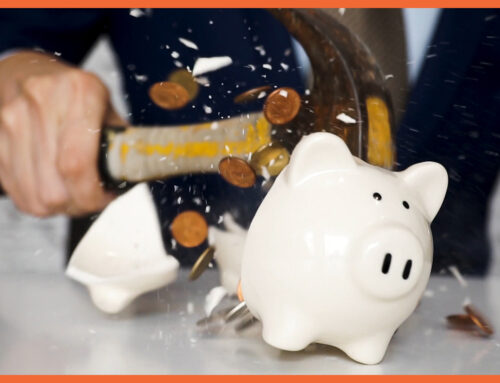FAKE CHECK SCAM
KNOW HOW TO SPOT AND AVOID THEM
You may be surprised to learn that while most of us seem to have little use for paper checks these days, check fraud scams are actually on the rise. The Better Business Bureau (BBB) recently released a report warning consumers of this growing danger. In the report, the BBB noted that complaints to government agencies and consumer advocacy groups have doubled over the past three years. Check fraud has become one of the most prevalent forms of consumer fraud, resulting in millions of dollars lost each year.
Over the past decade, banks like North Shore Trust and Savings have put a lot of time and money into building and implementing technologies which offer customers more speed and convenience. Banks have gone to great lengths to ensure these new high-tech delivery channels and payment options are secure from cybercriminals. This has driven the fraudster back toward one of the remaining low-tech payment methods – checks.
Fraudulent check scams can take many different forms. Some of the more common examples include:
- Buying something you advertised for sale
- Paying you to work at home as a product reviewer or mystery shopper
- Offering to pay an “advance” on your paycheck for less than a payday lender
- Asking for your assistance with cashing a check because they can’t themselves
- Giving you the first installment of a prize you have won
In nearly every version of a fake check scam, someone asks you to deposit a check for more than the agreed upon amount you are owed. The scammers always have a good story to explain the over payment. Our staff has heard stories ranging from sad to sensational. In every instance, the fraudster apologizes for the over payment and asks you to kindly send back the extra. Most of the time they will even offer to allow you to keep a portion of the over payment for the inconvenience. The bad actors know that banks must legally make funds from deposited checks available for use within days, while uncovering a fake check can take weeks. This means that a check can still be returned (bounce), even if you believe it has already cleared because you have been allowed to withdraw the funds. Unfortunately, when the bank discovers you’ve deposited a bad check, the funds are withdrawn from your account as the deposit is reversed. You are responsible for paying back the entire amount of the check, even though you no longer have the portion that was given to the fraudsters.
NORTH SHORE TRUST AND SAVINGS OFFERS THE FOLLOWING TIPS TO PREVENT FAKE CHECK SCAMS:

EVEN IF THE CHECK HAS “CLEARED”, YOU MAY NOT BE IN THE CLEAR
Under federal law, banks must make deposited funds available quickly, but just because you can withdraw the money doesn’t mean the check is good, even if it’s a cashier’s check or money order. If you have any questions about whether or not the check is good, talk to your banker. Be sure to explain the source of the check, the reasons it was sent to you, and whether you are being asked to wire money back.

DON’T BE FOOLED BY THE APPEARANCE OF A CHECK
Scam artists are using sophisticated technology to create counterfeit checks that mirror the appearance of legitimate checks. Some are counterfeit money orders, some are phony cashier’s checks and others look like they are from legitimate business accounts. The companies whose names appear may be real, but someone has dummied up the checks without their knowledge.

NEVER ‘PAY TO PLAY’
There is no legitimate reason for someone who is giving you money to send more than the exact amount, then ask you to return a portion — that’s a red flag that it’s a scam.

DO NOT RESPOND TO ONLINE SOLICITATIONS FOR “EASY MONEY”
Be cautious of anyone you don’t know attempting to contact you through an e-mail (spam) or on social media. Scams like mystery shoppers and card cracking may offer “quick ways to earn extra cash,” but keep in mind that easy money is rarely legal money.

PROTECT YOURSELF WHEN SELLING ONLINE
There are many ways to easily sell items online these days. Be sure to protect yourself personally, and financially, during these transactions. Meet the buyer in a well-lit public place. Depending on the price of the item you are selling, require the payment be made in cash or electronically through a service such as PopMoney.

VERIFY THE REQUESTOR BEFORE YOU WIRE OR ISSUE A CHECK
It is important to know to whom you are sending money to before you send it. Just because someone has provided you with their bank account information doesn’t mean you have verified their identity. It also does not mean you will be able to go back and contact them later using that account information once the scam has been revealed. Fraudsters tend to open accounts under fake names, then quickly close them once they have received your money.

REPORT ANY SUSPECTED FRAUD TO YOUR BANK IMMEDIATELY
The experienced staff of North Shore Trust and Savings has seen countless examples of check fraud over the years. Our Universal Bankers routinely receive training on ways to spot fraudulent checks. If you think someone is trying to pull a fake check scam, don’t deposit it — report it. Speak with your banker, or report it to the Federal Trade Commission or The Better Business Bureau’s Scam Tracker.
